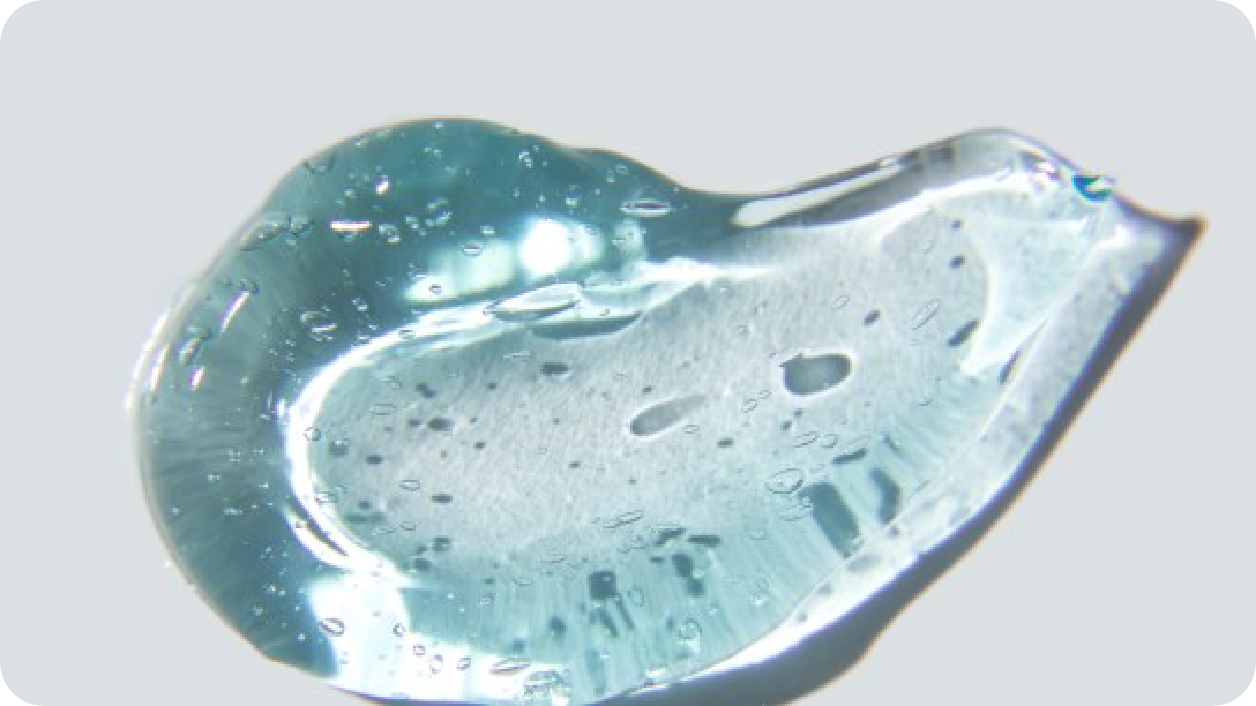Di-isobutyl ketone (DIBK) is a chemical compound with various industrial applications due to its solvent properties and chemical reactivity. Here are some of its primary uses:
- Paints and Coatings: DIBK is commonly used as a solvent in the formulation of paints, coatings, and varnishes. Its high solvency power makes it effective in dissolving resins, pigments, and additives, contributing to the desired properties of the final coating, such as durability, adhesion, and gloss.
- Adhesives and Sealants: In the adhesive industry, DIBK serves as a solvent and plasticizer in the formulation of solvent-based adhesives and sealants. It enhances the tackiness, flexibility, and adhesion properties of the adhesive, improving its performance on various substrates.
- Chemical Intermediates: DIBK is used as a chemical intermediate in the synthesis of various organic compounds, including pharmaceuticals, agrochemicals, and specialty chemicals. It undergoes various chemical reactions to produce derivatives with specific properties and functionalities.
- Extraction: DIBK is employed in extraction processes to separate and purify organic compounds from mixtures. It is particularly useful in industries such as pharmaceuticals, food processing, and fragrance manufacturing.
- Printing Inks: DIBK is used as a solvent in the formulation of printing inks, including flexographic, gravure, and screen printing inks. It helps dissolve pigments, resins, and additives, ensuring proper ink dispersion and transfer onto various substrates, such as paper, cardboard, and plastics.
- Plastics and Resins: DIBK is used as a processing aid and solvent in the production of plastics, resins, and composite materials. It facilitates the blending, compounding, and molding of polymer formulations, contributing to the desired properties of the final plastic or resin product.
- Cleaning Agents: DIBK is utilized in industrial cleaning formulations, such as degreasers, paint strippers, and adhesive removers, due to its effective solvency for oils, greases, resins, and other organic contaminants. It is particularly useful in applications where strong solvents are required to remove tough residues without damaging surfaces.
- Chemical Solvent: DIBK is used as a solvent for various chemical reactions and processes in laboratories and industrial settings. Its ability to dissolve a wide range of organic and inorganic compounds makes it versatile for use in synthesis, extraction, and purification procedures.


